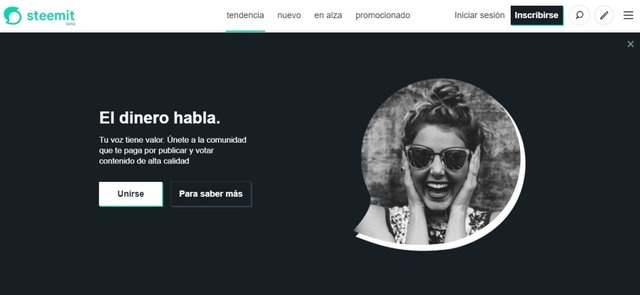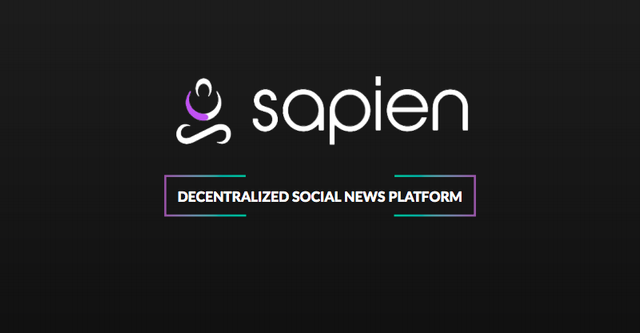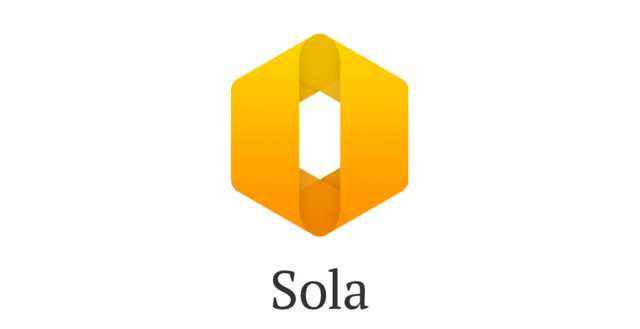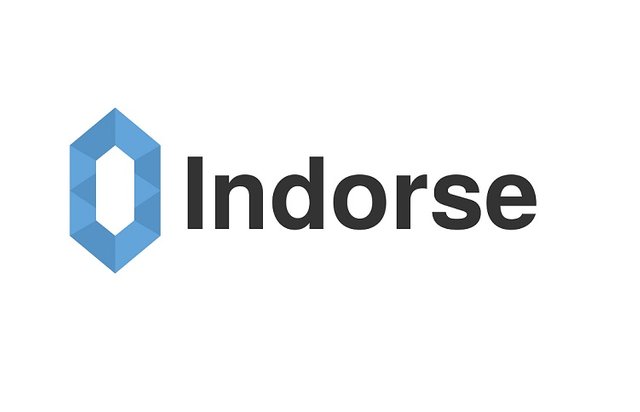Thanks to the ability to execute all kinds of applications and establish smart contracts through blockchain technology, new companies have immense possibilities to break into any industry. The area of mass communication is no exception. And the changes generated in society by the emergence of the Internet and social networks 2.0, now followed by new ways to share content and interact socially through blockchain technology.
These new social networks try to address the disadvantages of the centralized approach that has characterized them until now, trying to create a decentralized system around privacy and security, as well as offering gains for the participating public. One of the objectives is to avoid the repetition of situations such as those that have been presented with traditional social networks, in which the information can be manipulated according to political-commercial interests, while the data provided by the users are converted for the owners of the company in a commercial product.
The recent scandal generated by the sale to third parties of the data of Facebook users, by Mark Zuckerberg, and the proliferation of false news during electoral processes -particularly during the campaign of the current president of the United States, Donald Trump, in 2016 - they have been one of the incentives for these new developments, in an approach that promises to guarantee the privacy of the participants, as well as information veracity, together with mechanisms to counteract the censorship of many governments on certain content. Let's see some of these projects.

STEEMIT
Conceived in 2016 by Ned Scott and Dan Larimer, creator of Bitshares. It is a decentralized reward platform that combines the creation of content, the interaction between users and the use of a cryptocurrency called Steem , qualified on its website as a Smart Media Token (SMT), which can also be exchanged in homes of change such as Poloniex, Bittrex and OpenLedger.
With the use of this token the network seeks to monetize the content and form a community around the platform . Its operation resembles the Reedit social network, although in this case all the content is registered in the blockchain.
Users can vote for or against ( upvote or downvote) both content and comments, and depending on the number of votes there is a reward in the form of Steem. In this case, a difference is established with the majority of the centralized social networks, which extract monetary values for the benefit of their shareholders, since in Steemit the users of the platform receive the benefits and rewards for the attention and contributions they make.
In this way the rewards (steem) work as points that can be exchanged for other tokens , providing purchasing power to access various services related to the network. Anyone, anywhere in the world, can access the platform and receive payments for its contents.

SAPIEN
Created in 2017 by Robert Giometti and Ankit Bhatia, current CEO, on its website is described as a Web 3.0 social news platform that offers users control of their data, a reward to content creators and a fight against false news Built on the chain of blocks of Ethereum , the network is presented as an informative alternative to Facebook and Google.
For its founders, the chain of blocks is the basis on which a transparent and democratic platform can be built, in whose system millions of creators and curators of content can be rewarded, without intermediaries. The objective is to avoid the proliferation of false news that currently becomes viral through centralized social networks. Therefore, Sapien offers itself as an alternative that defends the truth and users, above financial gain.
The social network works through the publication of content that is rewarded with SPN, a native token compatible with the ERC20 protocol. It offers the option to access public or private browsing, customize information, share, add friends, and use encrypted chats to protect privacy, along with a subscription system. The identity of the users is stored in the blockchain to guarantee security and identity verification.

SOLA
The CEO and founder of Sola is Ilya Zudin, who worked on the idea since 2017 together with Pavel Panov. On its website, the network defines itself as a hybrid of media and social networks governed jointly with users. It uses an application called Action Points (action points), an internal virtual currency of Sola that has no monetary value until someone endorses or comments on the contents to convert them into the SOL token.
The idea is to share photos, thoughts, news and ideas with people from all over the world, without being limited by a list of followers. In parallel, advertising revenues, user payments and associations that are divided with users are generated.
It is further explained that each time a user wishes to join the platform, he generates a decentralized node in the block chain, which distributes content in the network. Each owner receives a remuneration for this service. Being an open source platform, the project provides an opportunity for everyone to join in its development, while the SOL token can be used both within the network's ecosystem and outside the platform.

INDORSE
Founded by David Moskowitz in 2017 , it is a decentralized platform similar to LinkedIn, where participants can create a professional profile to which companies can go in search of human resources.
It runs on the Ethereum blockchain and uses different methods to validate user skills in an objective manner, including decentralized consensus, where the skills are judged anonymously by other users at random. It also uses systems based on artificial intelligence, such as chat bots , which validate data in real time.
Unlike traditional social media platforms, where users can make any claim about themselves that is taken as truth, Indorse verifies and validates information and rewards users for supporting the skills of others , in a process called indoring . To do this, the user has to attach evidence for other members to verify their information, which is endorsed or marked based on the consensus achieved, which provides the possibility of obtaining a recognized reputation.
According to its website , users are rewarded for their activity on the platform with native IND tokens, which can then be exchanged or used on the platform to buy services such as advertising or pages of companies with validated connections.

ALIS
Created by Masahiro Yasu Takashi Mizusawa and Sota Ishii in 2017, it is a social networking platform currently operating in Japan with support in distributed accounting technology. It has many similarities with Steemit, as it seeks the creation of quality content, avoiding saturation of advertisements, stealth marketing campaigns and unreliable sources of information.
It also appears as an initiative to combat the phenomenon of clickbait , which consists of publishing ads with tabloid titles that seek to attract attention and generate many visits, although they misrepresent the content. This practice, used in many countries, has reached high levels of use in Japan, making it difficult to differentiate between real and false information, especially when it comes to investing in cryptocurrencies .
To counteract the clickbait , the articles published in Alis are voted by the community according to their veracity and quality, as in Steemit, with the difference that there is the possibility of winning the Alis tokens even without creating content. This happens when users find quality items that generate greater rewards. The social network has plans to extend its operation to other countries soon.

ONG.SOCIAL
This network, in full development since 2017, runs in two blockchain, Ethereum and Waves , and provides ease of control for the construction of communities and social interaction with rewards in cryptocurrencies. In this way, like the other decentralized networks already mentioned, the plan is that the effort of the users is monetized within the network and the publications are validated according to their impact, while their veracity is confirmed through the consensus of the community.
This system, according to what they explain on their website, motivates the public to generate more quality content in order to eliminate false news. In this regard, the founder and CEO, Christopher J. Kramer, believes that blockchain is transforming social networks through a technology resistant to censorship , which puts people in control of their data.
In this sense, one of the characteristics of OnG.social is that it allows all the social networks of a person to be gathered in one place , including the established platforms such as Facebook, Twitter and LinkedIn, according to the company , also integrating a manager to read the feed of those networks within the same platform. In terms of management of advertising messages, the network technically "lends" advertisers to content owners, in a strategy that differs from traditional systems, where content creators must search for advertisers.

A NEW GENERATION OF SOCIAL NETWORKS ON THE RISE
Although the scope of this new generation of social networks does not reach the levels currently enjoyed by networks such as Facebook and Twitter, among many others, these are nascent projects, mostly derived from initial offers of currency (ICO), which are increasing in quantity as new technologies advance and gain greater acceptance.
In general terms, these networks are being designed under a scheme that rewards users and content creators for the acquisition of native tokens , which -in principle- can become a limitation to the participation of people accustomed to registering in the networks completely free of charge, without making any economic contribution.
However, it is possible that the reward strategy ends up gaining more followers and people get used to the new scheme as long as the cryptocurrencies are of more massive use. While this is happening, there are even initiatives that seek to encourage the development of more decentralized social networks







Yay to decentralized apps and networks! Thank you for sharing!
Downvoting a post can decrease pending rewards and make it less visible. Common reasons:
Submit
Congratulations! This post has been upvoted from the communal account, @minnowsupport, by juli03 from the Minnow Support Project. It's a witness project run by aggroed, ausbitbank, teamsteem, theprophet0, someguy123, neoxian, followbtcnews, and netuoso. The goal is to help Steemit grow by supporting Minnows. Please find us at the Peace, Abundance, and Liberty Network (PALnet) Discord Channel. It's a completely public and open space to all members of the Steemit community who voluntarily choose to be there.
If you would like to delegate to the Minnow Support Project you can do so by clicking on the following links: 50SP, 100SP, 250SP, 500SP, 1000SP, 5000SP.
Be sure to leave at least 50SP undelegated on your account.
Downvoting a post can decrease pending rewards and make it less visible. Common reasons:
Submit
Congratulations @juli03! You have completed some achievement on Steemit and have been rewarded with new badge(s) :
Click on the badge to view your Board of Honor.
If you no longer want to receive notifications, reply to this comment with the word
STOPTo support your work, I also upvoted your post!
Do not miss the last announcement from @steemitboard!
Downvoting a post can decrease pending rewards and make it less visible. Common reasons:
Submit
Coins mentioned in post:
Downvoting a post can decrease pending rewards and make it less visible. Common reasons:
Submit
Congratulations @juli03! You have completed some achievement on Steemit and have been rewarded with new badge(s) :
Click on the badge to view your Board of Honor.
If you no longer want to receive notifications, reply to this comment with the word
STOPDo not miss the last post from @steemitboard!
Participate to the SteemitBoard World Cup Contest!
Collect World Cup badges and win free SBD
Support the Gold Sponsors of the contest: @lukestockes
Downvoting a post can decrease pending rewards and make it less visible. Common reasons:
Submit